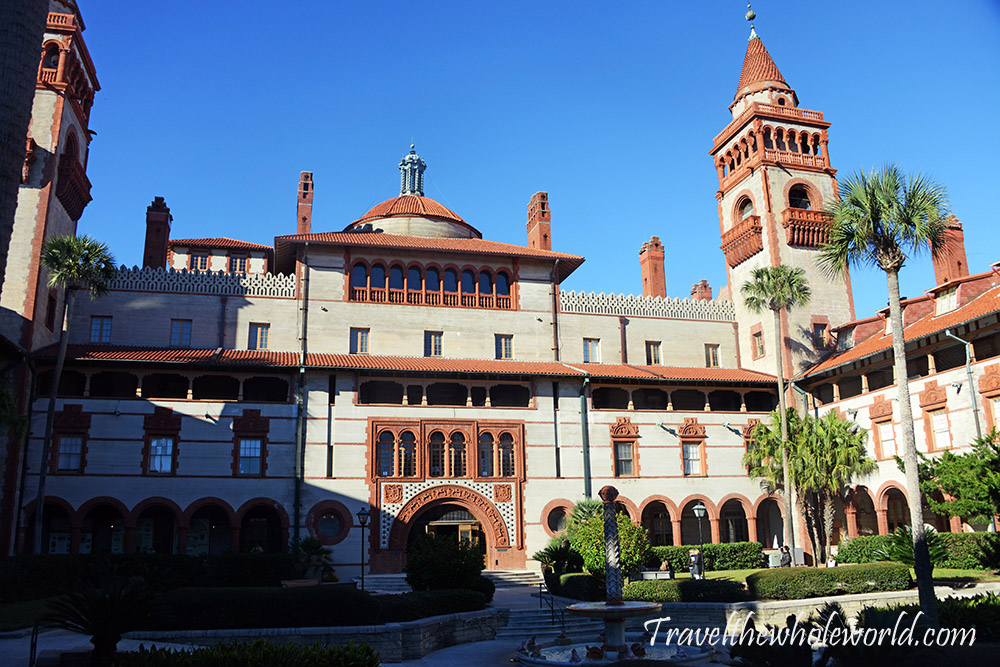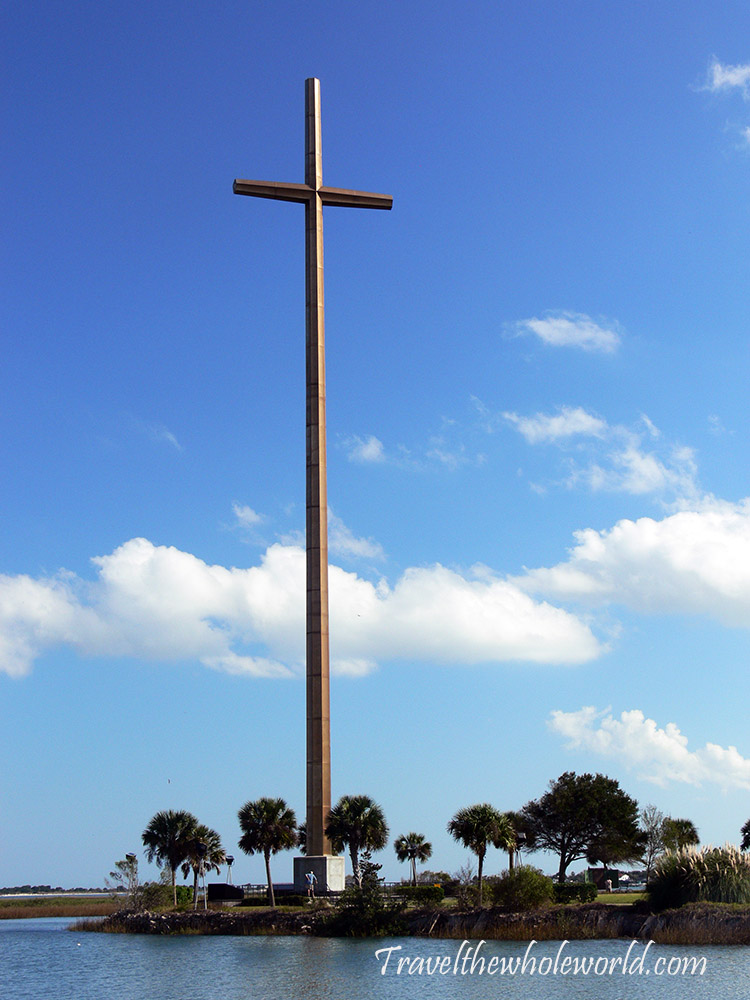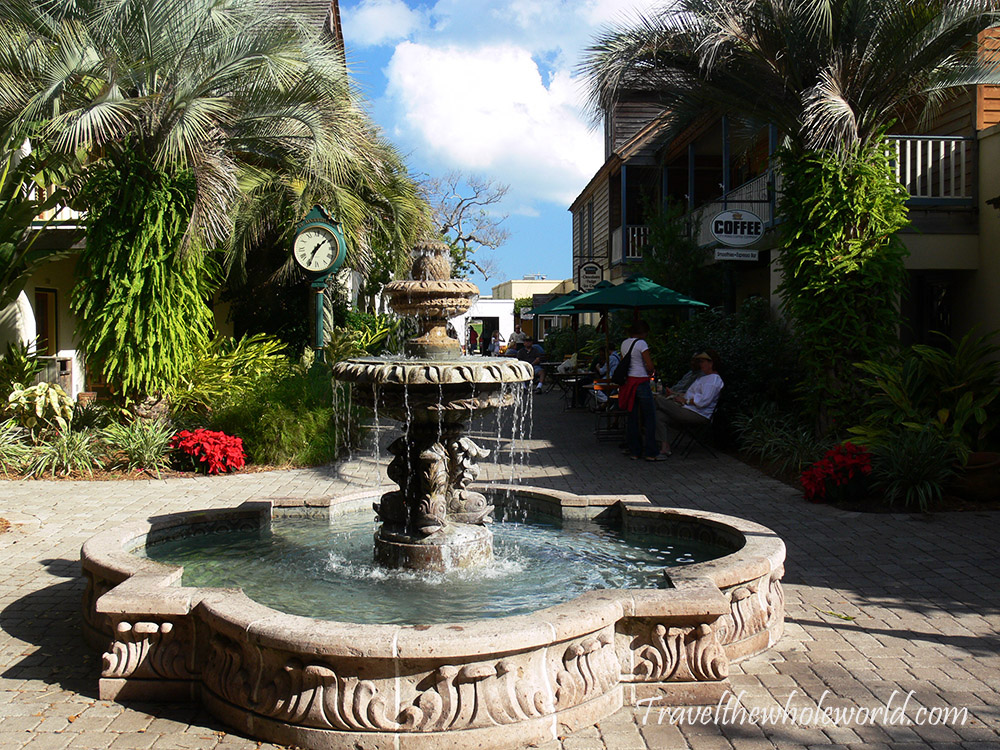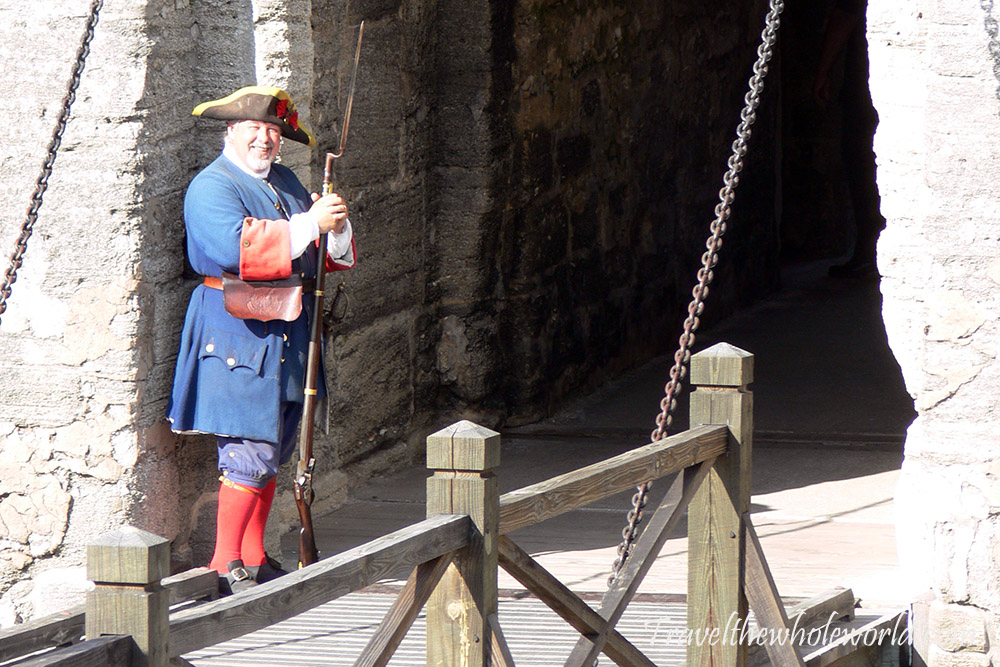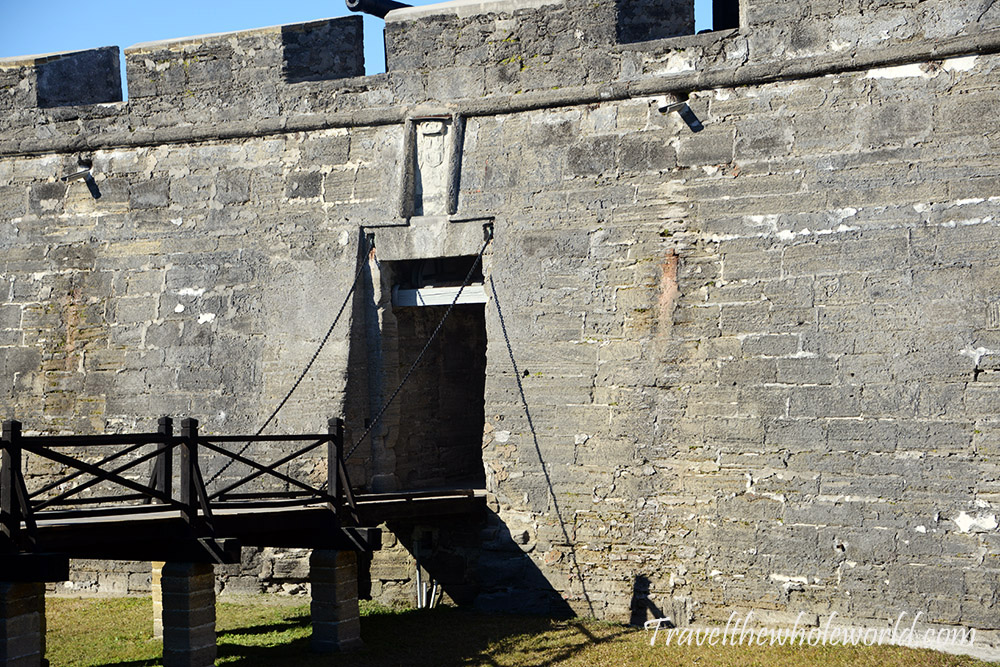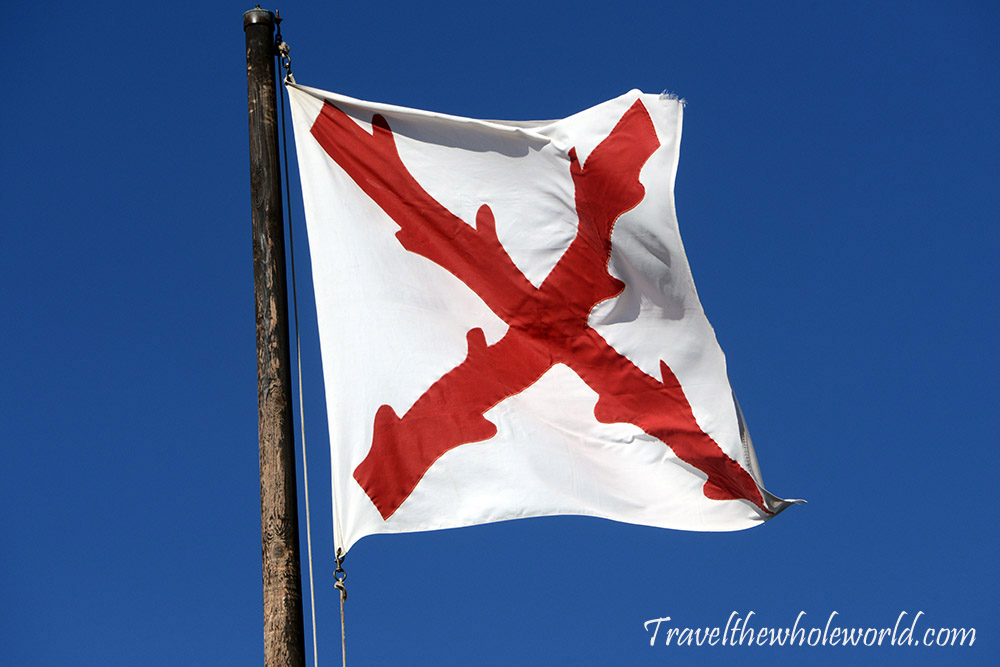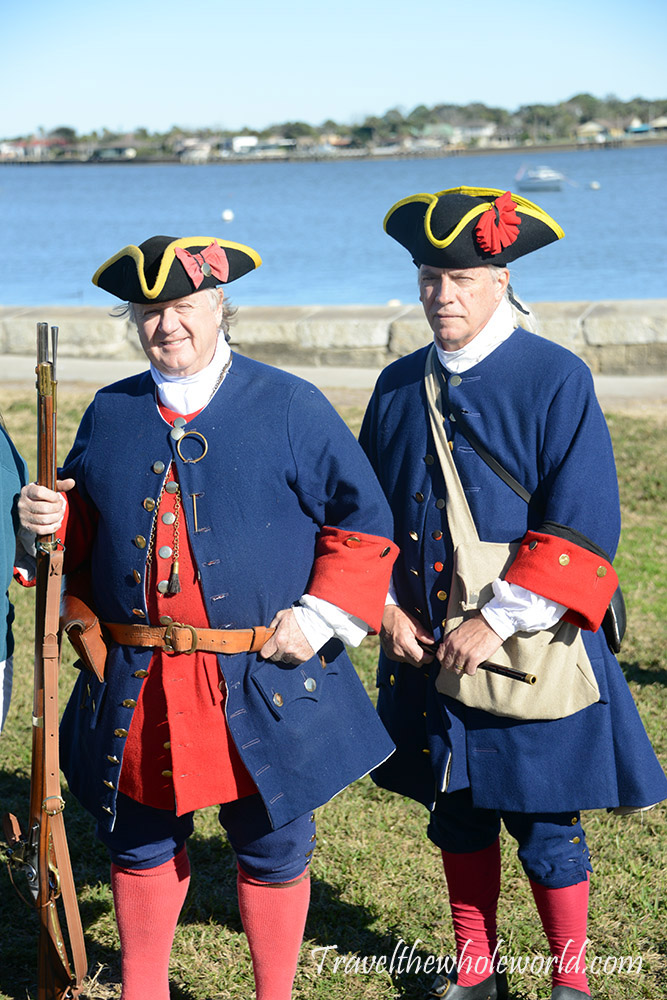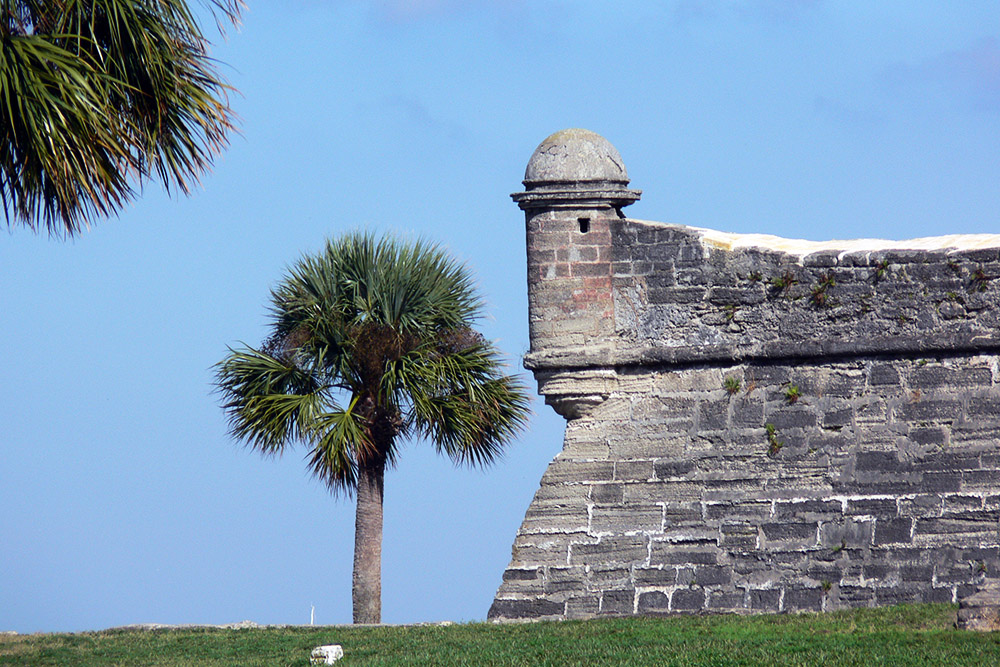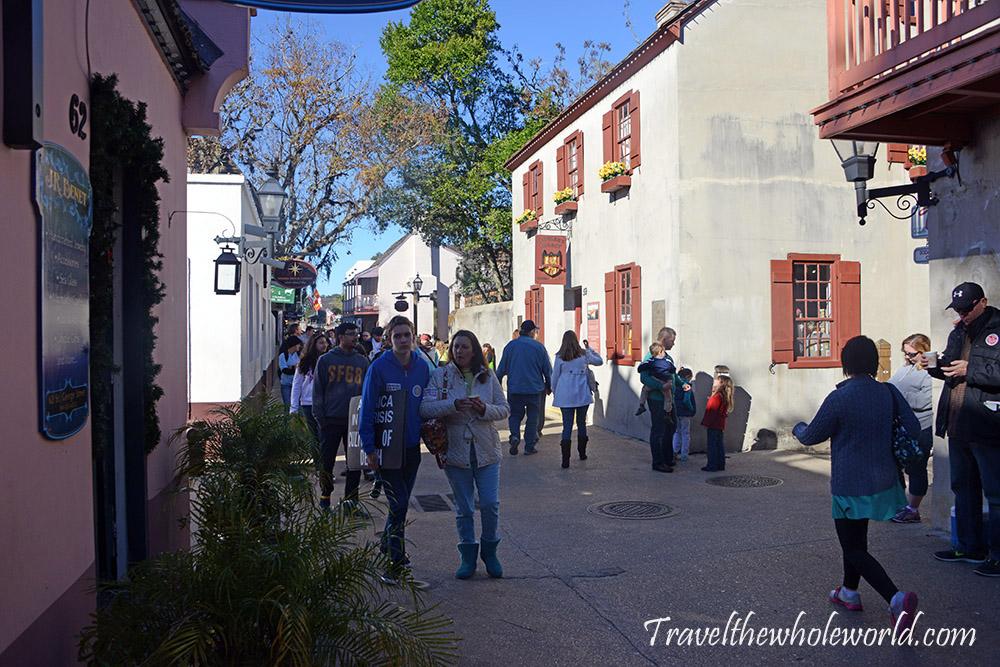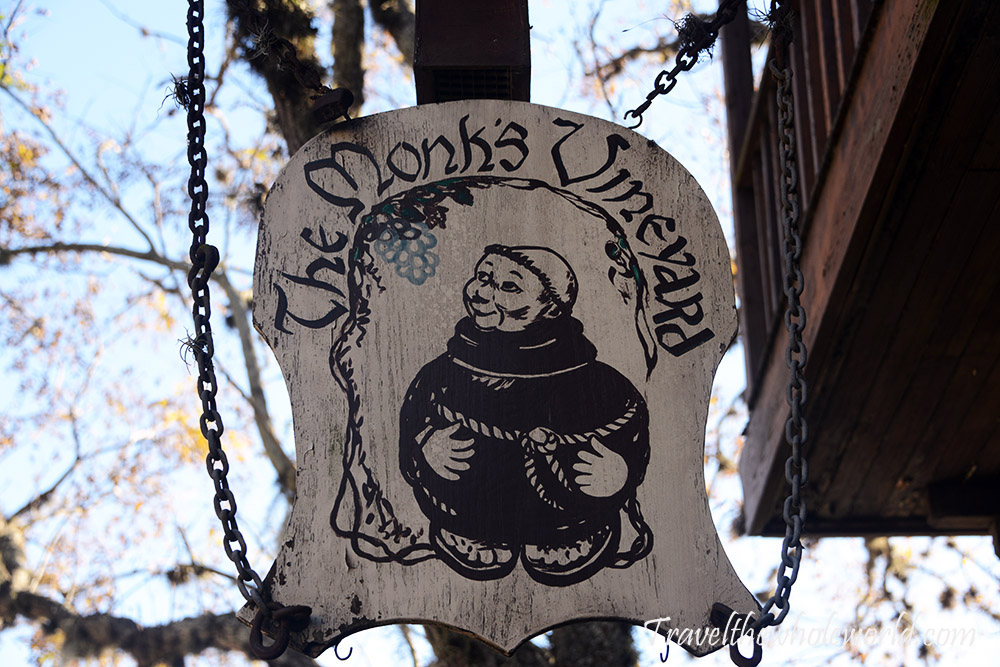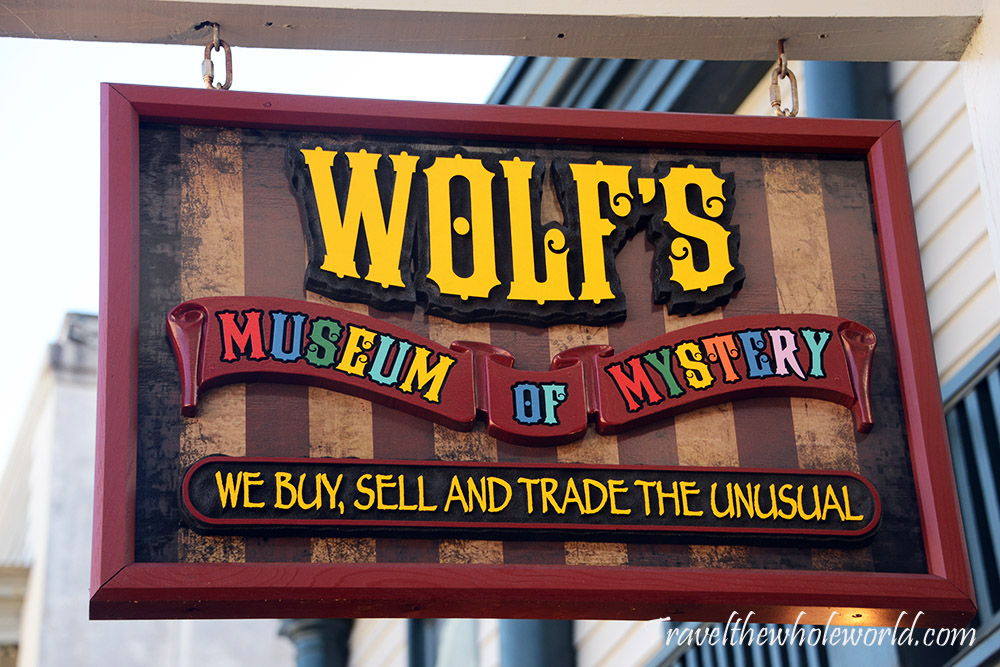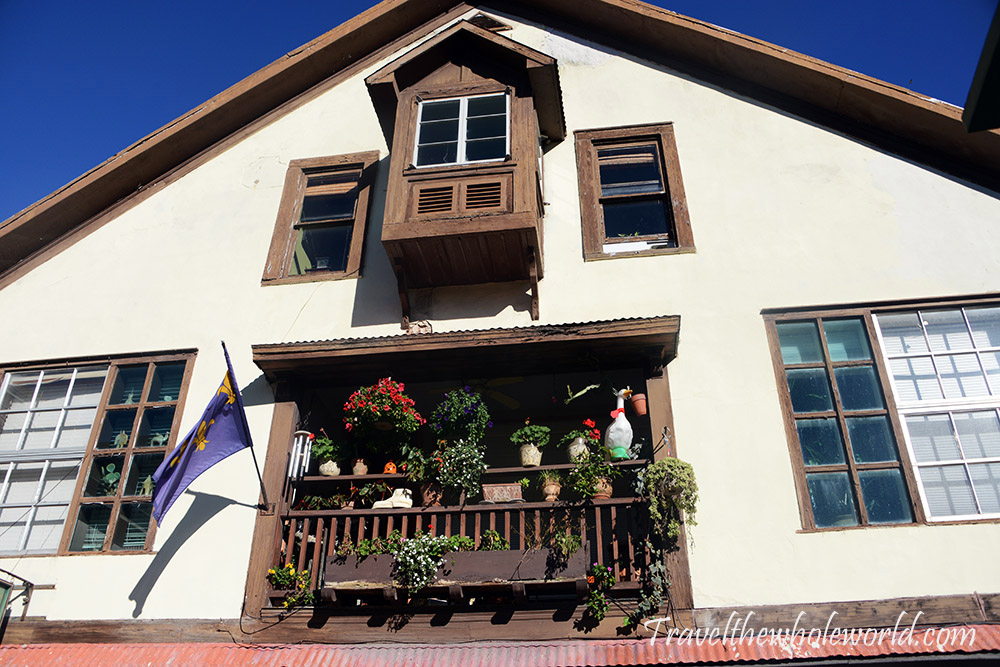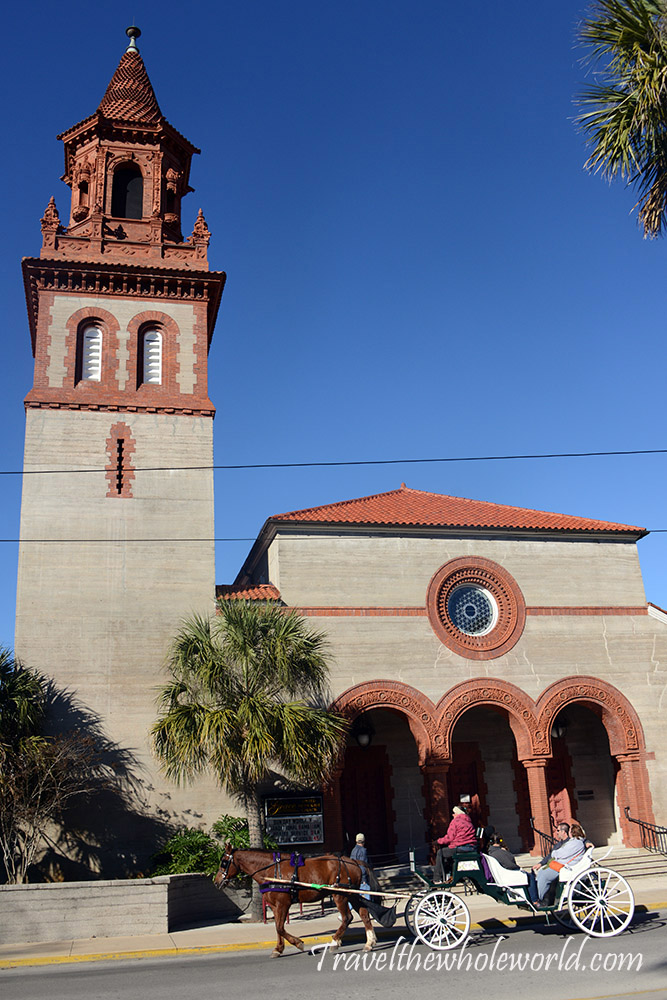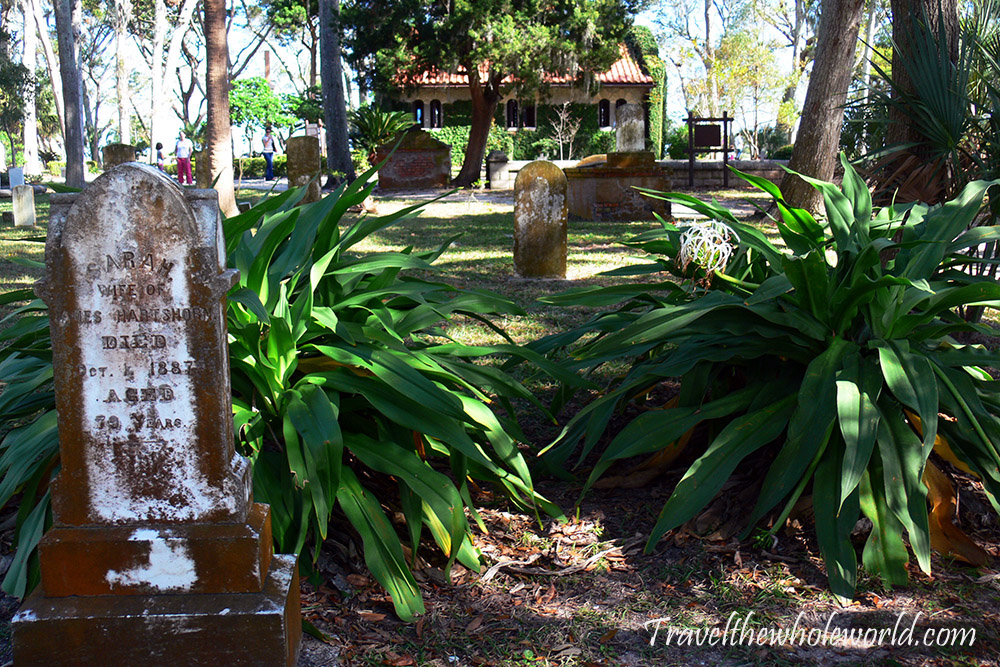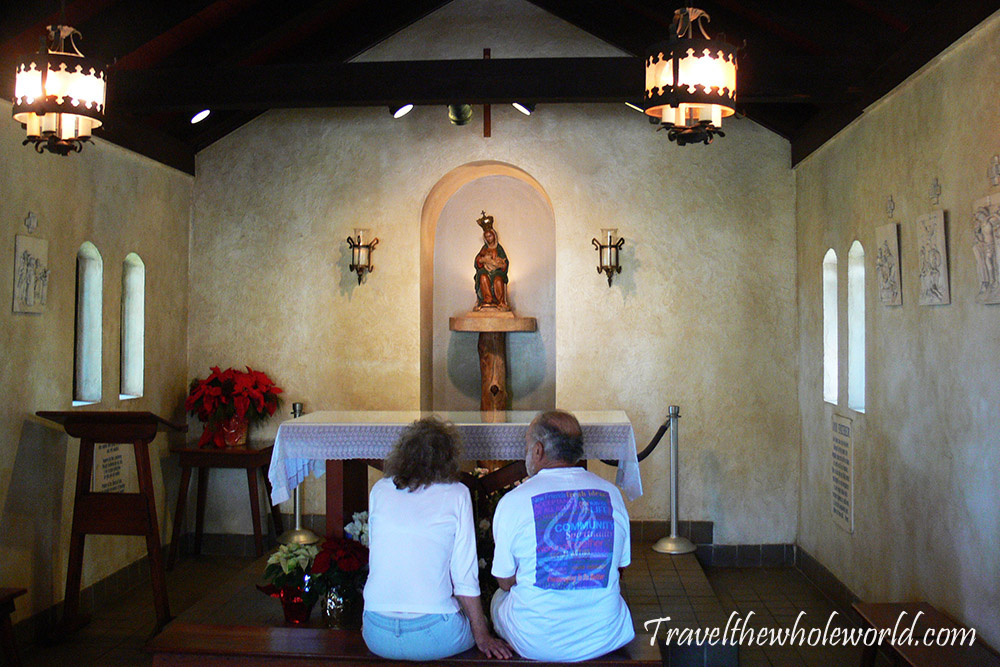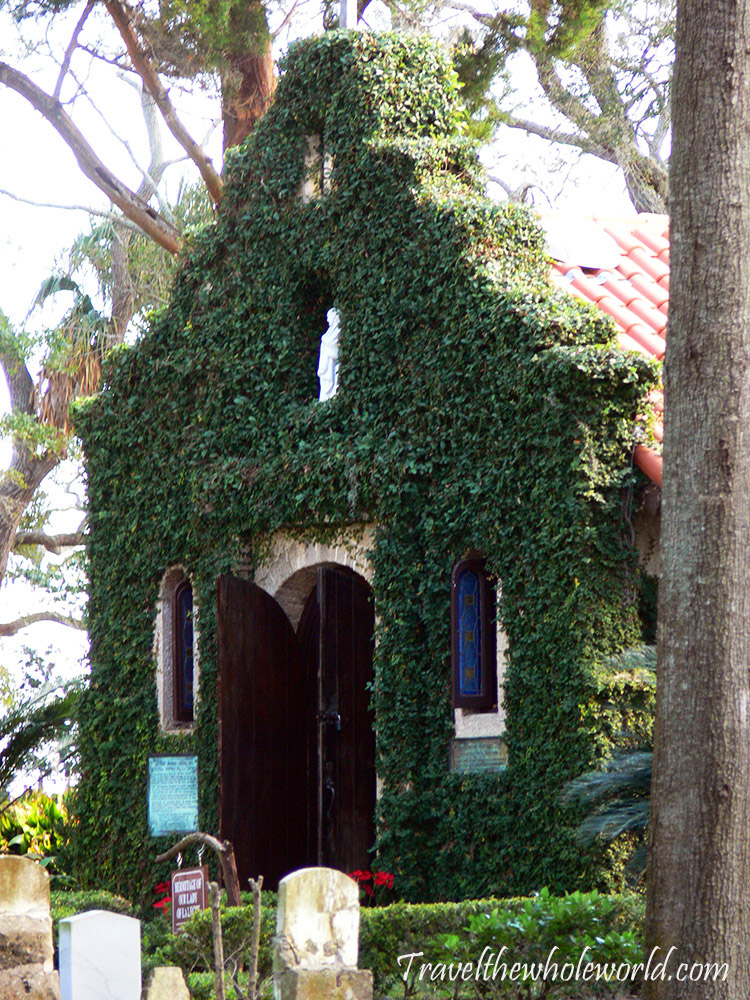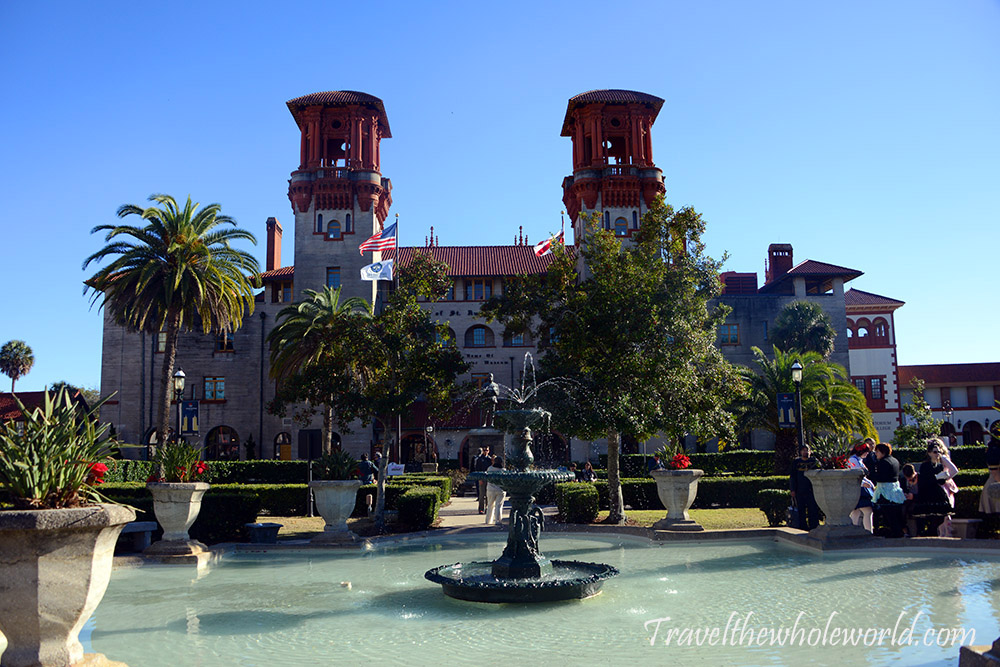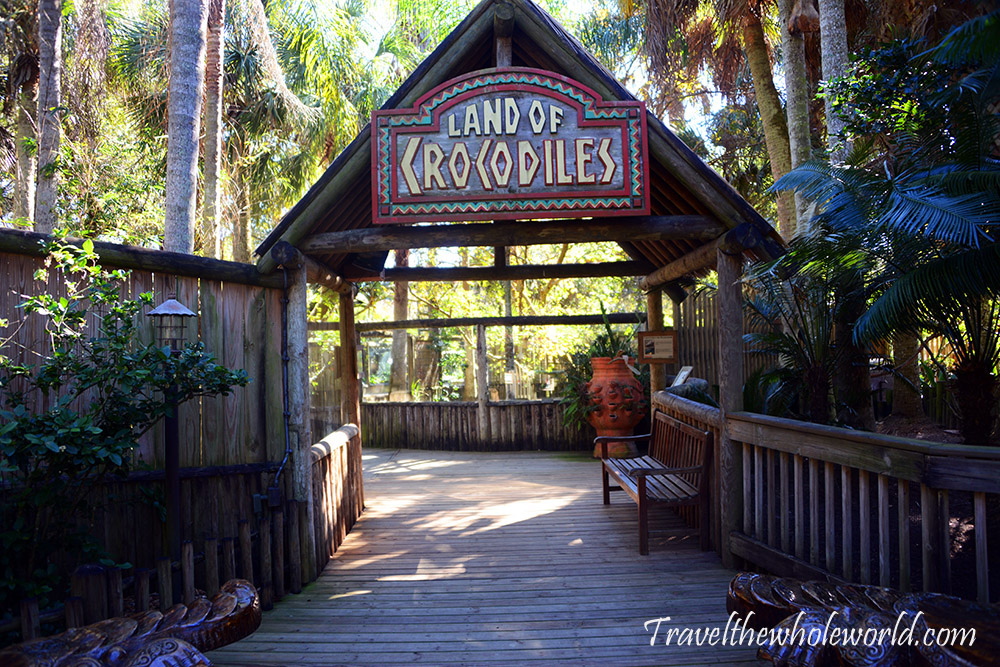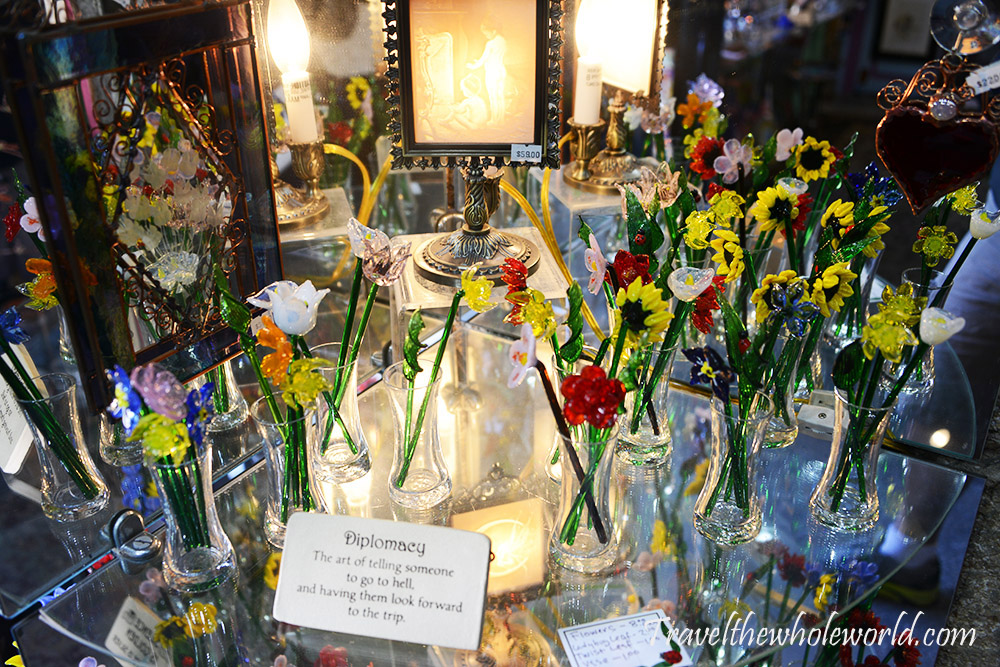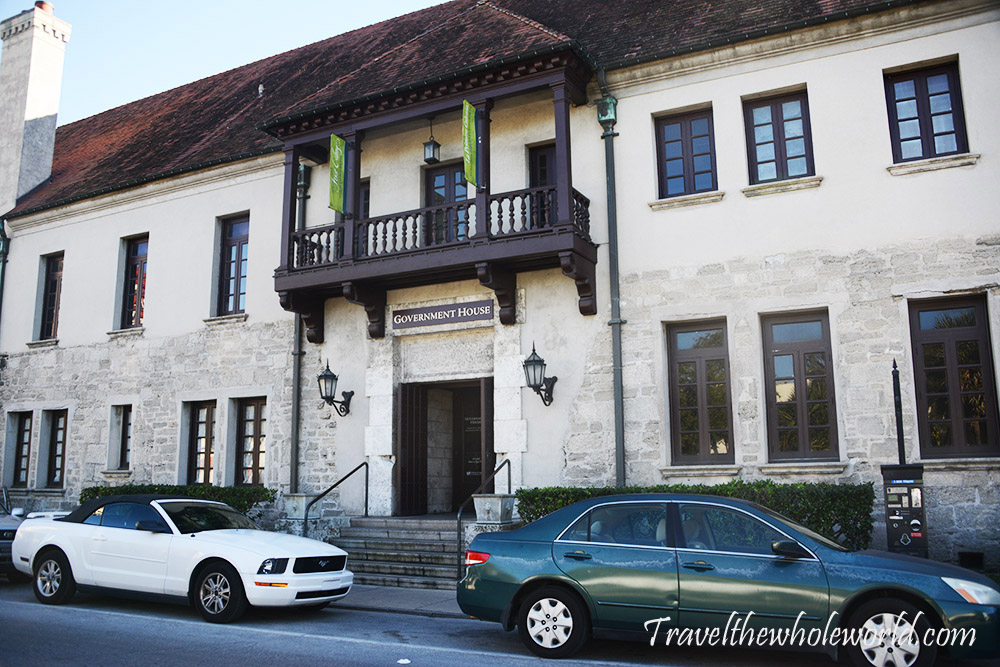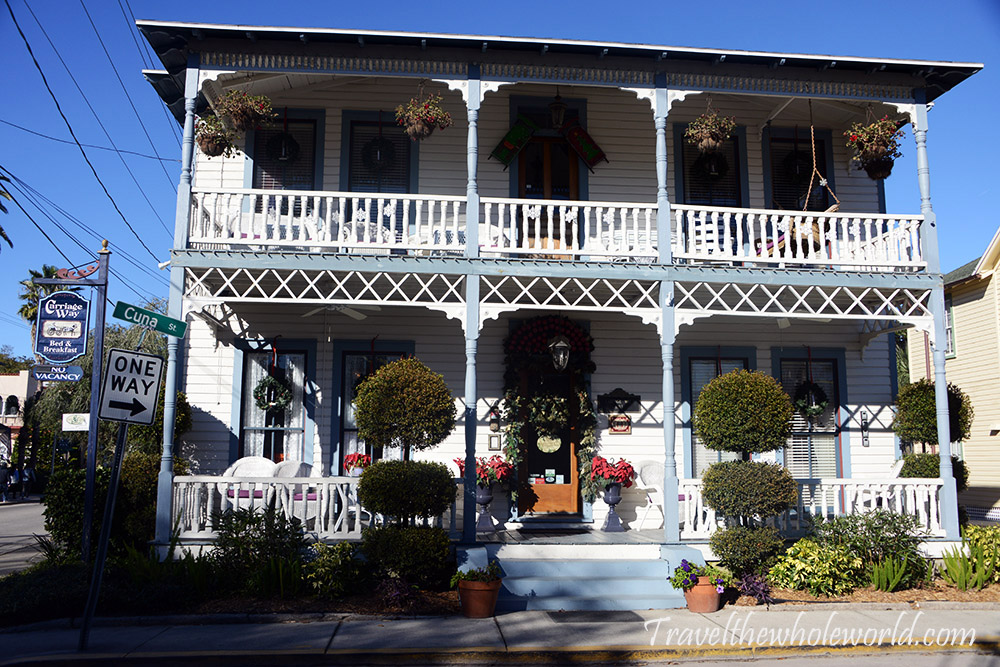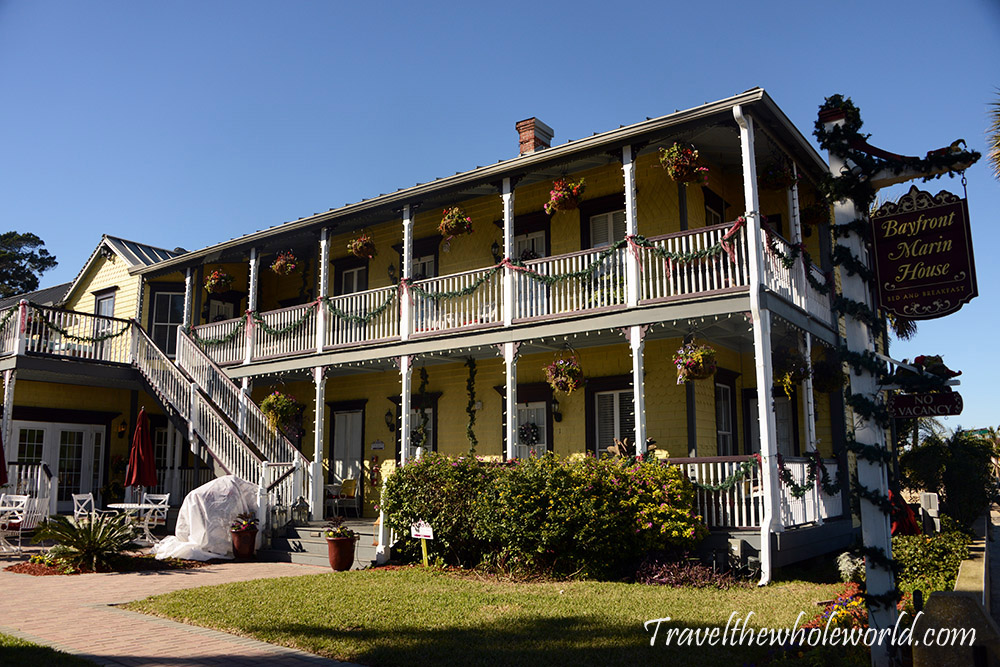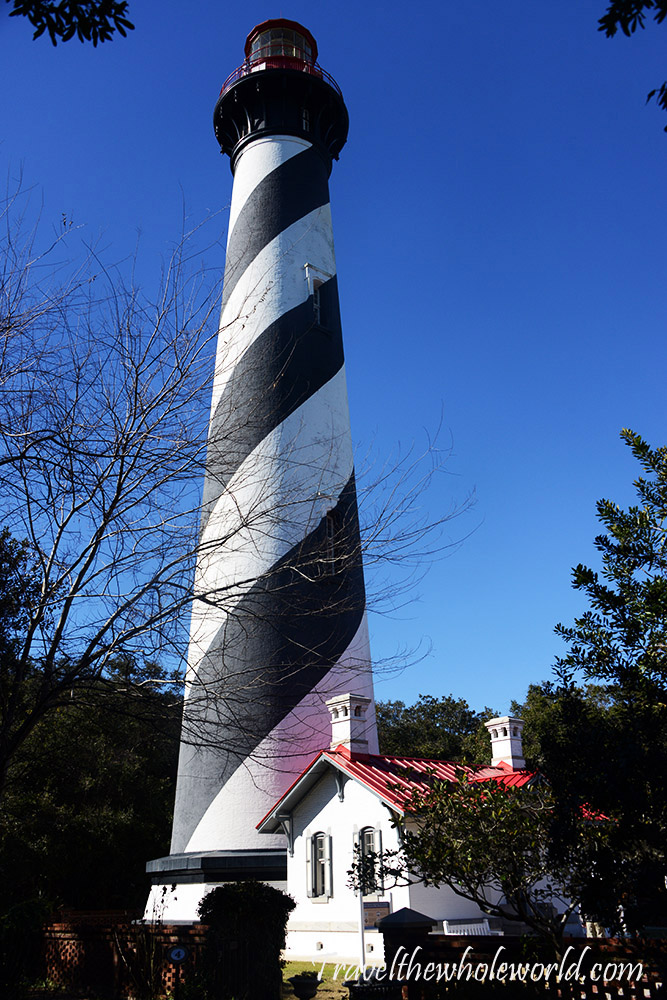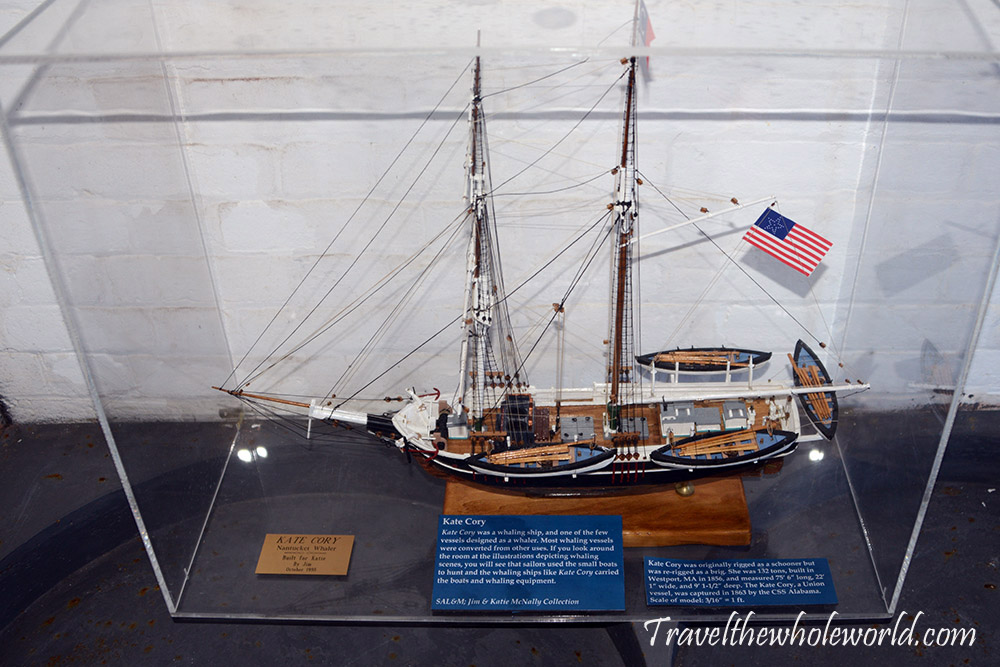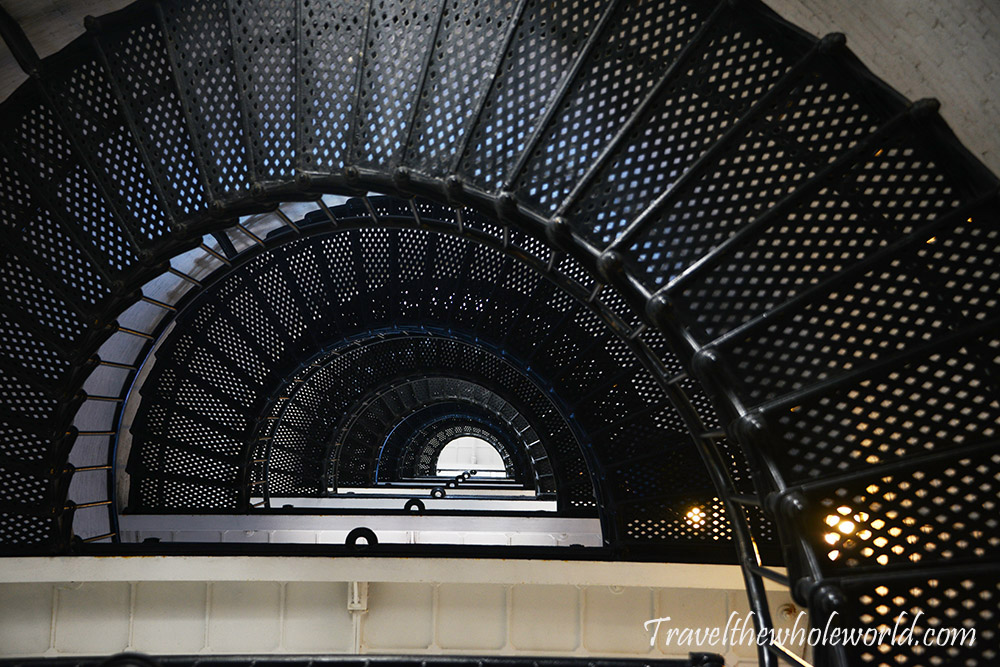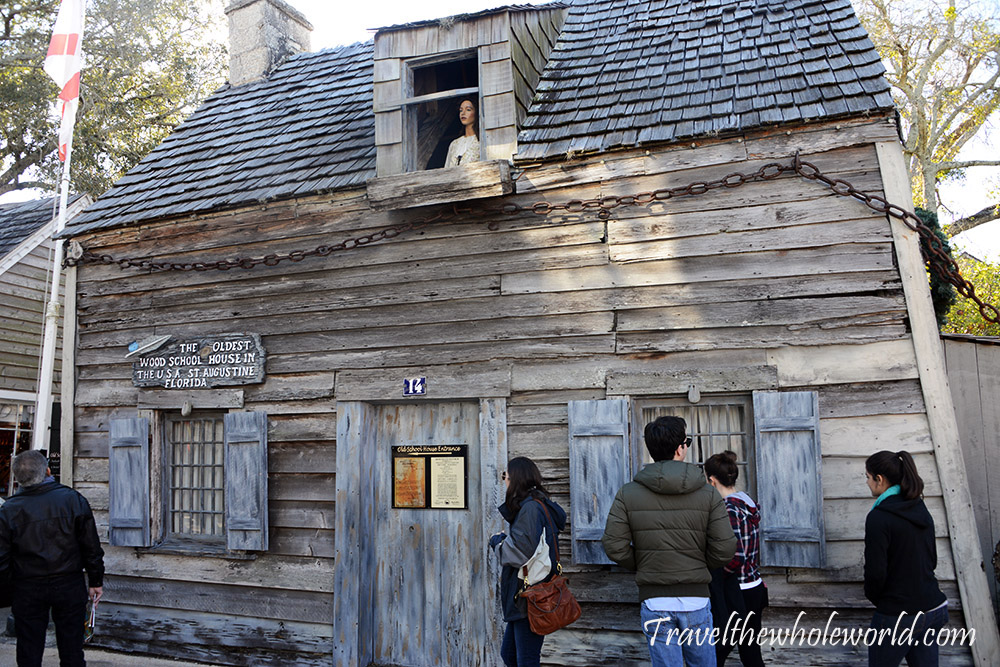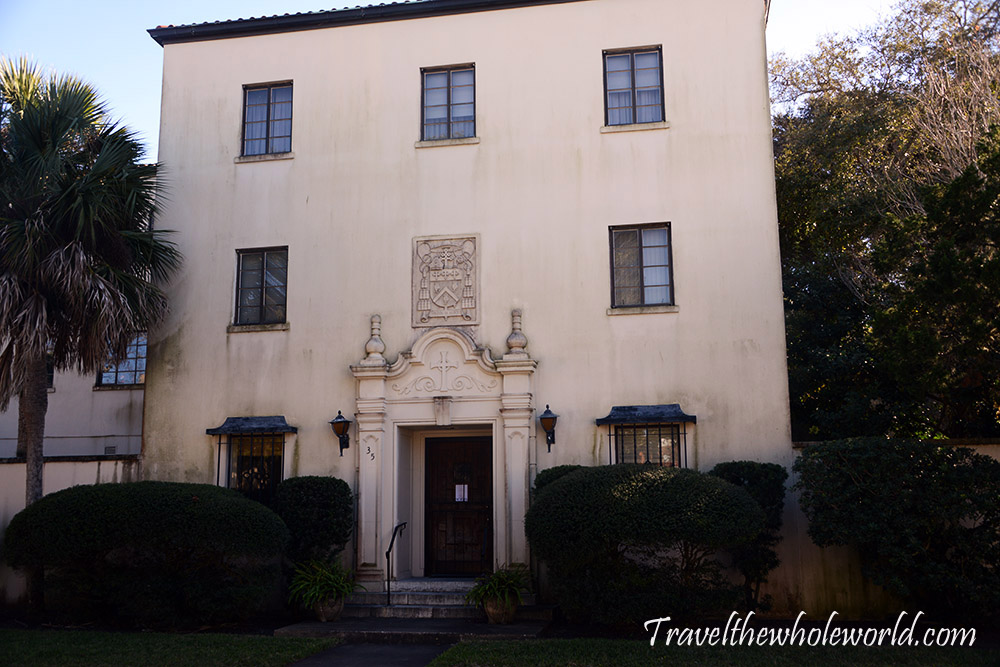St. Augustine
Under Massive Renovation 🙂
St. Augustine is one of Florida’s least known cities, but it’s one of the most important places in the United States. For starters, its the oldest city in America! St. Augustine was founded by the Spanish in 1565, and later it was the state capital for some 200 years. During its existence it switched flags between Spain and the United Kingdom until becoming part of the United States in 1819. The city is known for its history, architecture, small town charm, and various attractions. The photo above shows the Ponce de Leon Courtyard of Flagler College. Even though it was built 400 years after the city was founded, I feel like it’s a good example of some of the architecture in St. Augustine.
When the Spanish empire sent ships to the new world, what is now St. Augustine was the site of their first landing in mainland North Amreica. The city was founded by the Spanish, over half a century earlier than the English’s first permanent colony of Jamestown in Virginia. This giant cross marks the landing point of the Spanish explorers. To the right is an old moss covered church in St. Augustine that was once part of the Spanish settlement.
Eventually as Europeans began to colonize the new world, the early Spanish settlers began to face threats from pirates and other European powers. English pirate Sir Francis Drake attacked and plundered St. Augustine in 1586, and again in 1668 the establishment was attacked by another English pirate by the name of Robert Searle. The above fort was built in response to these pirate raids, and taking almost a quarter of a century it was completed in 1695 to protect their interests in Spanish Florida. Below is a photo of a souvenir that shows what the entire fort looks like from an aerial view. On the lower right are some wasps who have decided to colonize their own section of Castillo de San Marcos Fort..
